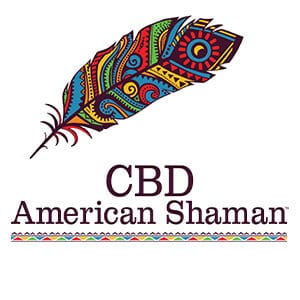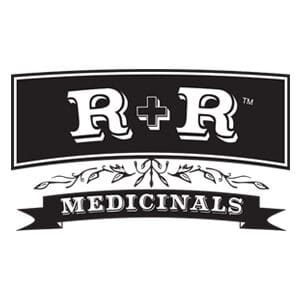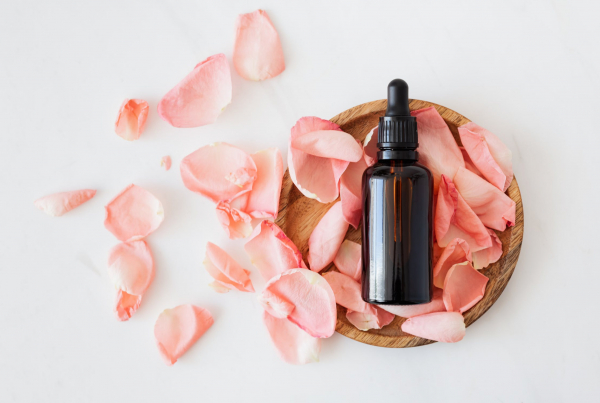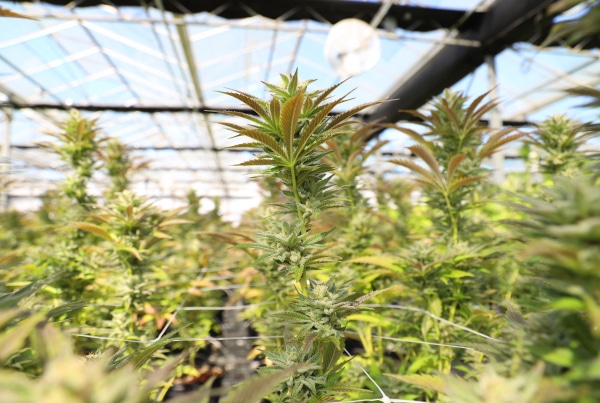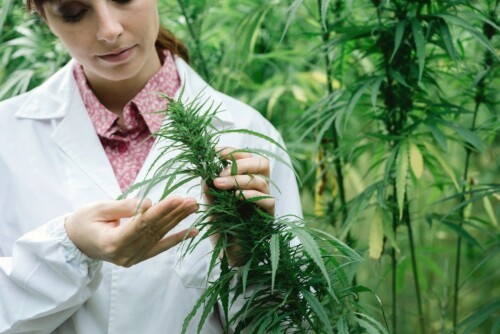
Why CBD?
CBD is a huge topic of discussion among the health-conscious community; as many Americans look for alternatives to opioids, benzodiazepines, antidepressants, and other pharmaceuticals, the non-psychoactive cannabinoid has garnered attention for its efficacy and safety. Finding the CBD company that works for you is daunting, and you may be asking, “How to Choose the Best CBD Company?”
While there are still many questions to be answered about the specific mechanisms by which CBD affects the body’s systems, current research indicates that CBD possesses anti-inflammatory, analgesic, anxiolytic, antipyretic, antidepressant, and neuroprotective properties that may be used to treat a wide variety of symptoms (for more on the effects of CBD on the body, check out our in-depth article on the molecule’s uses and applications).
Because of its potentially broad application, many people are eager to cash in on their corner of the CBD market. If you’ve searched for CBD online, you’ve likely noticed an overwhelming abundance of retailers, each claiming that their product is going to cure you whatever is ailing you. However, many of those slick marketing campaigns are not to be believed — inside that spiffy packaging are often inferior products and even ingredients that could be harmful to consumers.
Since CBD is treated more like a supplement than medication (and therefore not regulated by the FDA for purity and potency), it’s not advisable to trust what you see on the label or a company’s website. But if you can’t believe what you see or hear at face value, how can you be certain that you’re receiving a product that is safe, effective, and lives up to its label?
Here, we’ll lay out our top criteria for choosing a CBD supplier. We’ll give you insight into what specific words and phrases to look for, how to use independent lab results to learn more about the product, and potentially problematic practices and ingredients to watch out for. We’ll also lay out the “why” for each of our criteria so that you can make an informed decision based on what is most important to you.
First: Use Only Domestic, Organically Grown Starting Material
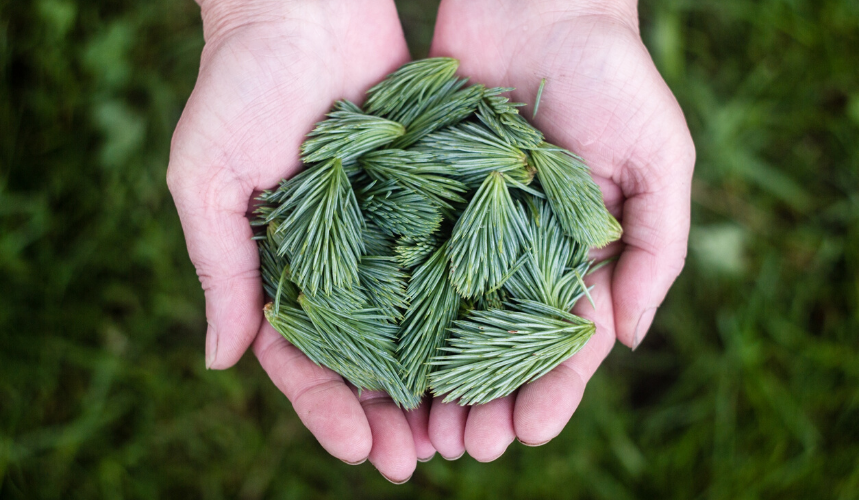
We list this criterion first because it is important for several reasons: first, the use of only organic hemp material minimizes your risk of exposure to potentially harmful pesticides, herbicides, or heavy metals in the finished product. By choosing to purchase organically-grown CBD over questionable origin products, you are protecting yourself from trace compounds that could be harmful to you or your family and selecting a safer product.
Secondly, organically grown plants are better for the environment and more sustainable than industrial farming. These plants are grown without pesticides and herbicides, which often necessitates more natural forms of pest and weed control gentler on local ecosystems (or even work to support them actively). Organic farming helps to incentivize the adoption of sustainable agricultural practices, helping companies reduce their impact on the environment and the communities they serve.
We always appreciate when a company demonstrates their commitment to sustainable agriculture and energy sources, but simply choosing to grow hemp organically (or to only purchase hemp from certified organic farmers) is an excellent way to reduce a company’s environmental impact — and therefore, the carbon footprint associated with consumption of their products.
While it’s true that 71% of carbon emissions are produced by just 100 companies in the world and no level of responsible personal consumption is enough on its own to offset that impact, choosing organically derived products (CBD included) helps keep you and your loved ones safer while supporting companies that are working to address sustainability concerns.
We specify that the hemp should come from a US grower because organic produce standards in China and the EU (the two most commonly listed sources for CBD products) are not as rigorous as those of the United States. Hemp from these places may be contaminated with substances disallowed under US regulations, potentially raising your risk of an adverse reaction. We prefer not to gamble with our health and opt for domestically sourced CBD every time.
Second: Employ Safe & Effective Extraction Methods
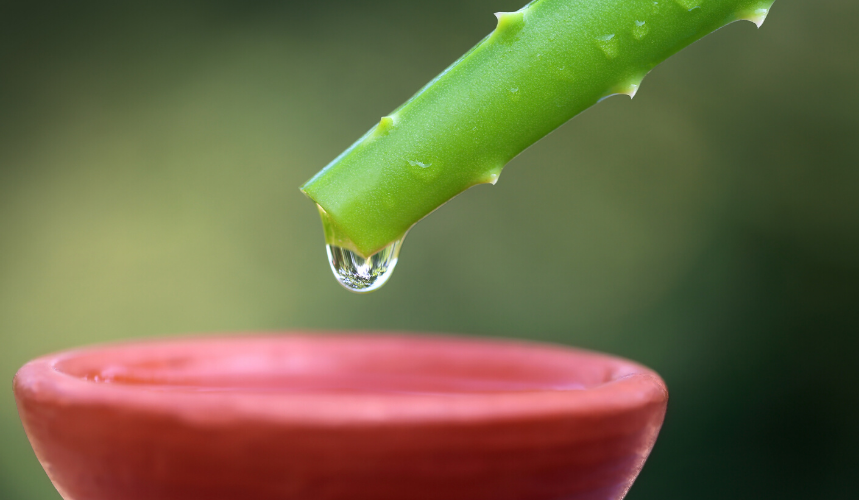
This is a big one, though it might take a little bit of research to find (and you should absolutely be wary of a manufacturer who is cagey about answering directly): What method does the company use to extract the CBD from its hemp material? While it might seem a bit nitpicky on the surface — surely extracted CBD is the same. — it’s actually a fundamental question to answer before placing your order.
You’ll likely see frequently the phrase “hydrocarbon extraction,” and it should be a red flag. We’ll explain: if you’re a cannabis consumer, you might be familiar with BHO or butane hash oil. These THC concentrates (which include wax, budder, shatter, honey, and other dabbable substances) use butane — or another hydrocarbon like propane — to separate the THC from the organic solids and plant waxes, resulting in a thick, gooey concentrate.
While these icky sticky substances produce intense highs, they’re nearly always contaminated with residual hydrocarbons. In layman’s terms, this means that when you use one of these products, you’re also consuming the leftover butane (or propane, methane… y’know, the type of compounds used as lighter or camp stove fuel) in every hit. While the exposure to trace hydrocarbons may not cause adverse effects 100% of the time, we’re not convinced that it’s fully safe, either — and, consequently, we think it’s best to skip these products.
So, if hydrocarbons are out, what is the best, safest way to extract CBD from hemp? We consider two different methods acceptable for CBD products: organic ethanol wash extraction and supercritical (or subcritical) CO2 extraction. An organic ethanol wash strips the organic material of its CBD and dissolves it into the ethanol. Next, the ethanol is evaporated away completely (unlike hydrocarbons, which remain trapped within the extract), leaving behind only CBD and other cannabinoids, which may then be processed further and purified into different types of extract.
CO2 extractions work similarly, though the results are subtly different. Both supercritical and subcritical extractions are executed using CO2 (carbon dioxide) that has been heated and pressurized so that, in simplified terms, it possesses the properties of both a liquid and a gas at the same time. This allows it to enter porous materials, extracting CBD and the hemp plant’s trichomes and terpenes. The CO2 then evaporates completely, leaving only the extract behind.
The two methods are generally comparable, though subcritical CO2 does a better job leaving the terpenes and trichomes of the hemp material intact. Ultimately, choosing between ethanol and CO2 extraction is mostly a matter of preference; each of these methods will produce an extract that is potent and free of any residual solvent. So long as you avoid products extracted using potentially harmful hydrocarbons, you’re on the right track.
Third: Products Formulated with Safe, Effective Carrier Oils
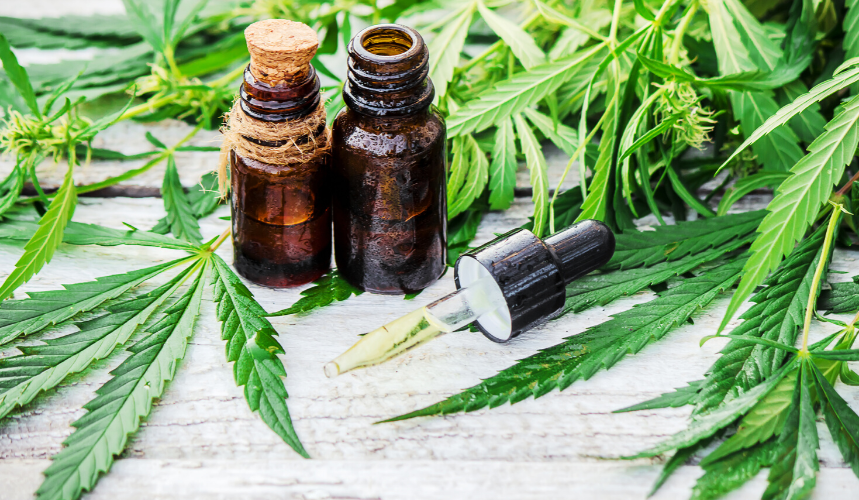
This one requires a little basic chemistry to explain, so bear with us — we’ll keep it brief. Like the earth or a magnet, molecules have poles or areas with a positive or negative electrical charge. The polarity of a molecule (the difference between the strength of its charges) determines what it can and cannot dissolve in. Solubility has a lot to do with how the body absorbs nutrients — CBD included.
Polar liquids can dissolve polar molecules (like salt in water, for instance). Still, nonpolar molecules will not dissolve in a polar solvent (hence the separation between the nonpolar oil and polar vinegar of a salad dressing). Since your body is mostly water, a polar liquid, it’s hard to absorb CBD, a nonpolar molecule, effectively.
So, how do CBD manufacturers resolve this dilemma? Easily: with carrier oils. Carrier oils (often MCT or fractionated coconut oil, hemp seed oil, or olive oil) can bond to CBD, and their chemical structure creates a kind of fatty “handle” that your body can grab onto and metabolize, bringing the CBD along with it. Carrier oils are included to ensure that you can absorb as much of the CBD in the product as possible (often discussed as having high bioavailability).
At a cursory glance, it might seem like almost any oil would work. After all, all oils are nonpolar and will get the job done, right? While that’s technically true, there are definitely right and wrong oils to use. MCT oil is preferred (also sometimes labeled as fractionated coconut oil) because its medium-length molecules are easier for the body to metabolize (as opposed to longer, more difficult to process molecules from other fats). That said, hemp seed oil, olive oil, and grapeseed oil are also relatively common carrier oils that are perfectly safe and effective, so don’t despair if you have a coconut allergy. There are plenty of other options.
However, steer clear of products that do not list the carrier oil they use or utilize PG (more on that in a moment) to dilute their products. Transparency is key when choosing a CBD supplier, and any manufacturer who won’t be candid about the ingredients they use isn’t worth your money.
We should note that some CBD products are specifically formulated to be water-soluble. While these products contain CBD made easier for your body to absorb compared to oil-based products, they tend to be a bit pricey compared to their old-fashioned counterparts. However, the tradeoff may be worthwhile for you, and that’s okay. If you choose water-soluble CBD products, you won’t need to worry about carrier oils the same way.
Fourth: Products Are Batch Tested for Quality, Purity, & Potency
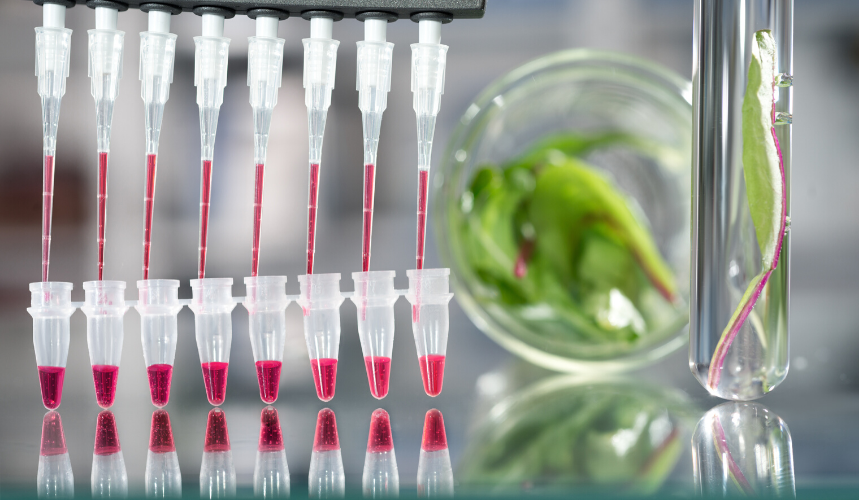
This final note is exceedingly important, as you can use it to verify the information you gathered earlier: all products should be batch tested for quality, purity, and potency. When we say “batch tested,” we mean that each product should be traceable to the batch it was produced in, and the lab testing results for that batch should be publicly available. An independent lab is one not affiliated with the company or any of its affiliates — in-house testing is wonderful, but nothing beats independent analysis.
While more thorough tests are obviously preferable, a good lab report will contain the product’s CBD, THC, and THCA content, as well as any contamination with heavy metals. If the product is listed as being THC-free, then the lab report should reflect that result. The lab should also list its credentials and certification status on the report for full accountability. Some reports may choose to list other cannabinoids like CBN, CBG, or CBC, but this is not necessarily a requirement unless you’re looking for a highly specialized cannabinoid profile.
A Specific Note About Vapor Products
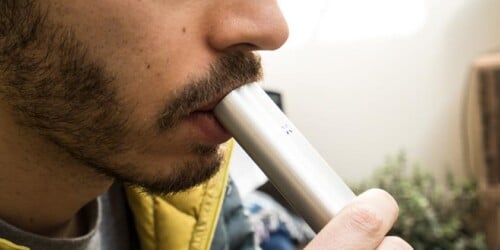
Vaping is growing ever more popular among the cannabis community, and CBD is no exception. There are literal tons of CBD vape products out there, with oodles and oodles of oils in every flavor under the sun (and a few we think they just made up). However, just like with their nicotine-infused cousins, there’s a problematic ingredient that’s very common in CBD vape oils: PG.
PG, the standard abbreviation for propylene or polyethylene glycol (both behave similarly under conditions of regular use, so we’ll treat them as one entity for simplicity’s sake), is often used as a thinning agent for vape oils and juices. Since it’s generally considered safe for use in food, beverages, and cosmetics, it’s been largely assumed that the same must be true for vaping.
Emerging research, however, shows that PG may not be as safe as we thought. At the high temperatures needed to vape, PG begins to degrade into known carcinogens like formaldehyde, arsenic, and benzene. These compounds are not only known to cause cancer in humans after prolonged exposure; they can also produce toxic effects at high doses.
While the scientific community is still uncertain about PG and vaping’s long-term effects, we feel it’s best to play it safe. We prefer to use vaporizers that contain only CBD and a carrier oil, with perhaps a terpene blend or essential oil for flavor. That said, products containing vegetable glycerin, or VG, are not shown to be unsafe at this time and are also acceptable in CBD vapor products.
Takeaway
Sifting through all the different CBD manufacturers out there can be daunting, but don’t sweat it — there are simple criteria you can use to separate the good from the bad and the downright ugly of the bunch. It may take a little research, but we promise that your efforts will be rewarded with potent, pure, effective CBD. Don’t gamble on a shady product for the sake of a bargain — your health is worth more than what’s essentially a coin toss. Vet your CBD supplier thoroughly; your body will thank you.







